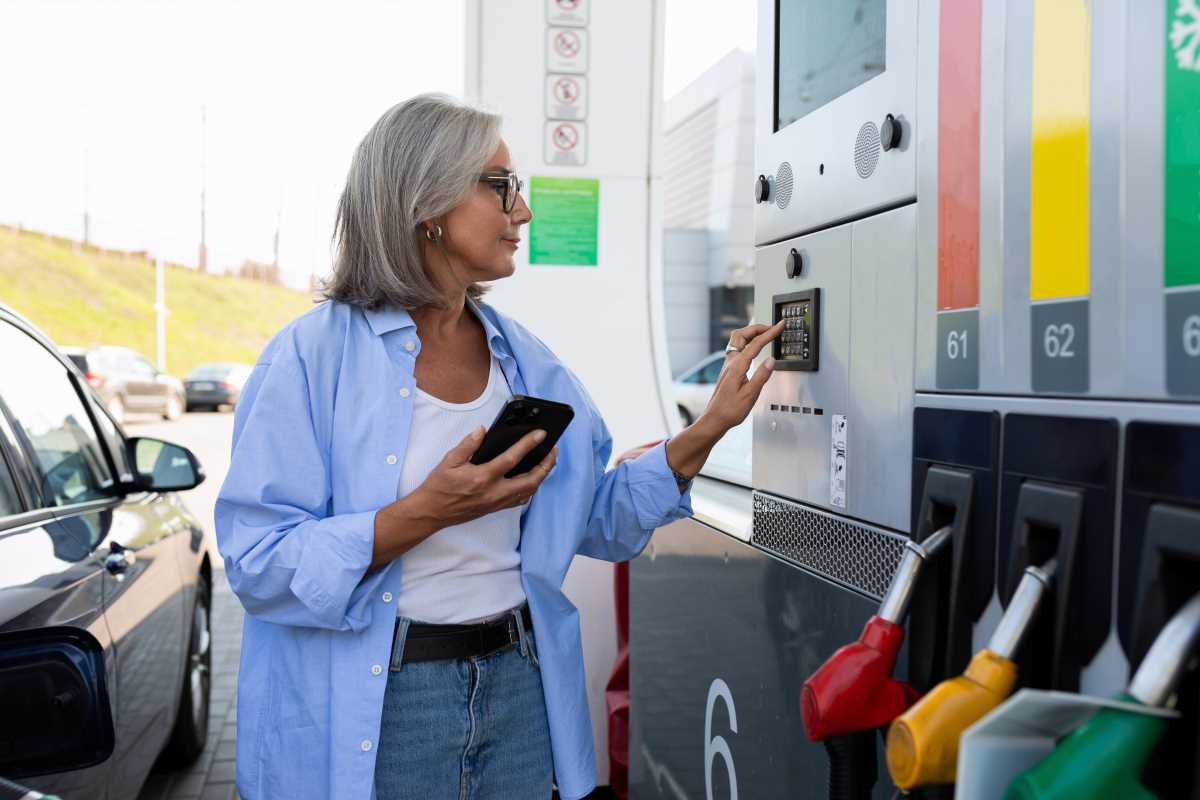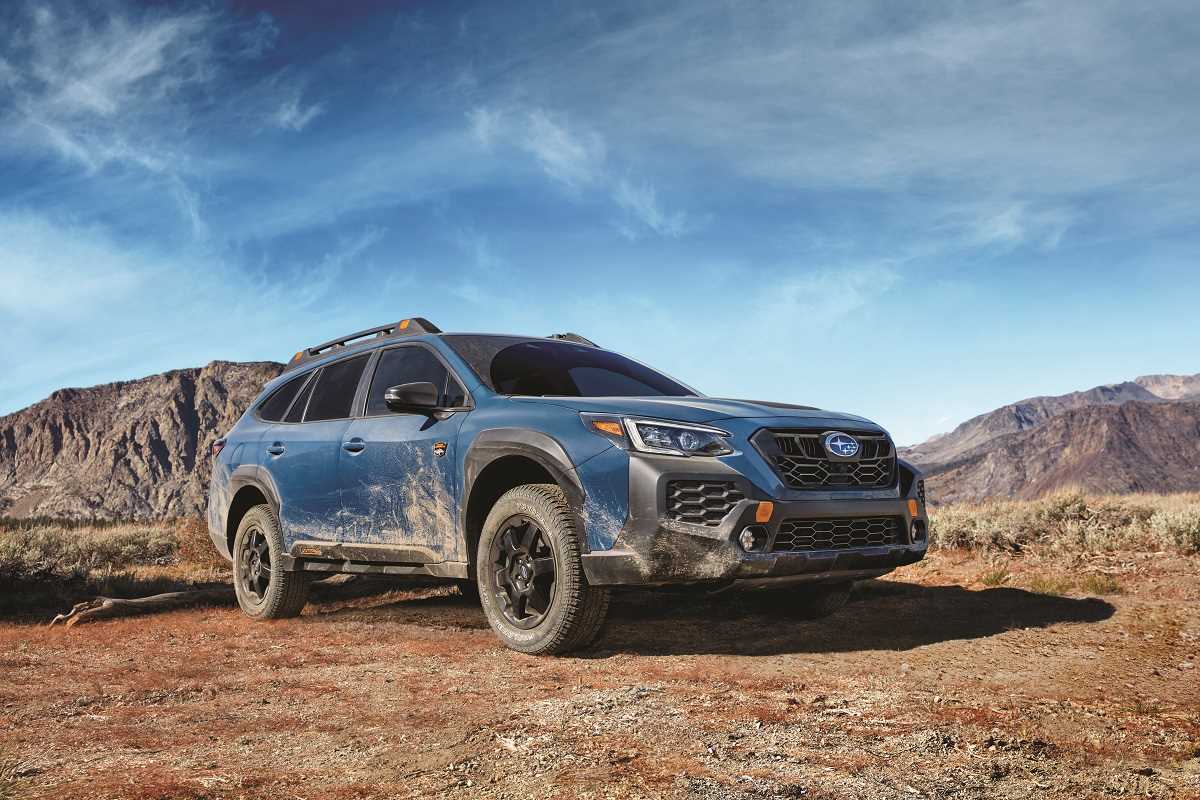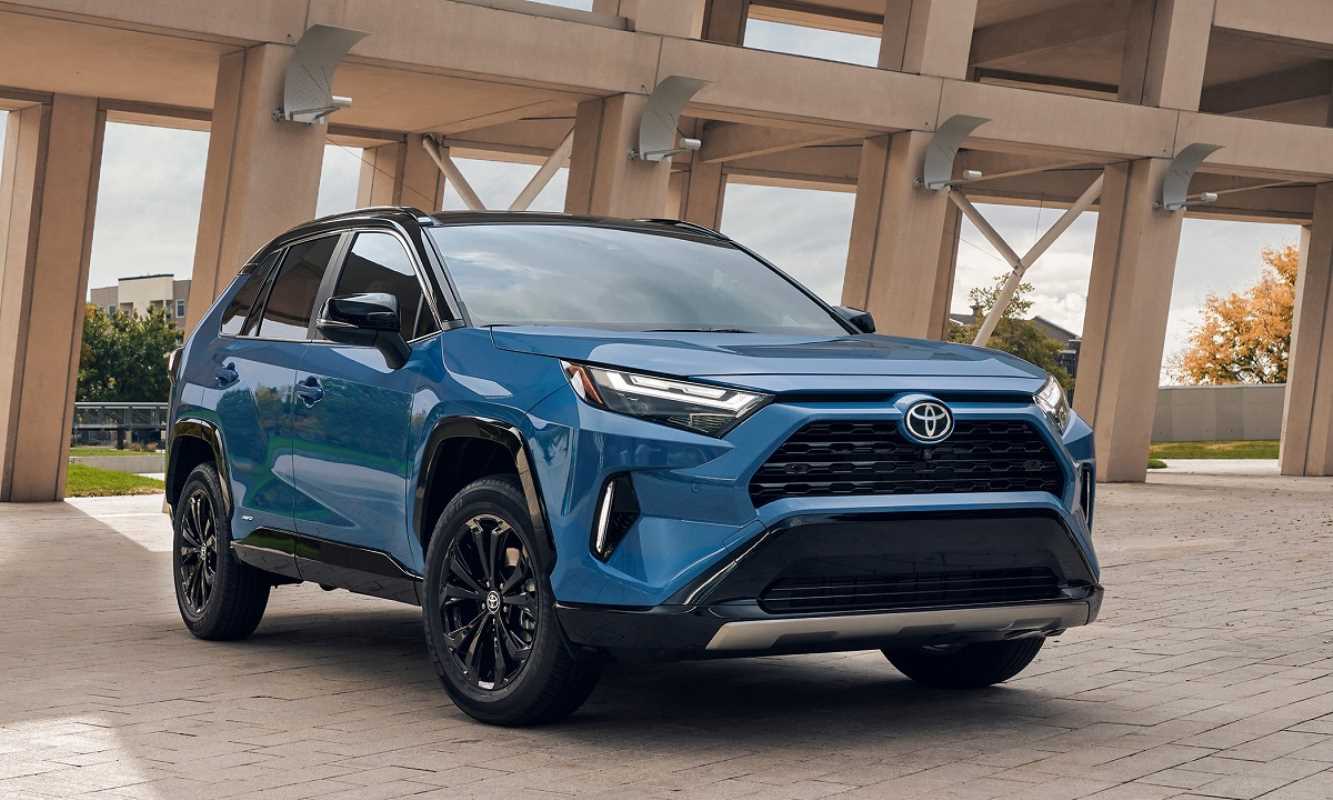Gas prices have a way of creeping into the back of everyone’s mind, especially when filling up the tank feels more like handing over a paycheck. For busy, middle-aged folks juggling work, family responsibilities, and endless errands, driving less isn’t always an option. After all, someone has to get the kids to soccer practice, find that one ingredient for tonight’s dinner, and still make it to work on time. The good news is that saving money on gas doesn’t require cutting down on the miles you drive. With the right habits and a few tweaks to your vehicle, you can stretch every gallon just a little bit further while keeping your daily life on track.
Keep Those Tires in Check
Your car’s tires might not seem like they have much to do with gas, but they play a big role in fuel efficiency. Properly inflated tires create less resistance on the road, meaning your engine doesn’t have to work as hard to keep things moving. Underinflated tires, on the other hand, can drag down your gas mileage and even wear out faster, costing you more in the long run.
It’s worth getting in the habit of checking your tire pressure regularly, especially as the seasons change. Cold weather can cause tire pressure to drop, leaving you with less-than-efficient wheels. A quick stop at the air pump when needed can save you money down the line.
Lighten the Load
If your car is starting to resemble a storage unit on wheels, it may be time to declutter. Carrying extra weight in your vehicle forces the engine to burn more fuel, so removing those golf clubs you haven’t used in a month or that spare bag of potting soil from spring planting can actually make a difference.
The same goes for roof racks or cargo boxes. While they’re great for vacations or carrying bulky items, they create drag that can hurt your gas mileage. Taking them off when not in use will help your car glide more efficiently, whether you’re cruising on the highway or making a quick trip to the store.
Slow and Steady Wins the Race
You’ve probably heard this one before, but it bears repeating. Aggressive driving can be a real gas guzzler. Rapid acceleration, hard braking, and speeding all force your engine to consume more fuel than necessary. Taking a steadier, more relaxed approach behind the wheel can have a noticeable impact on your gas mileage.
Not only will you be saving money at the pump, but your passengers will also thank you for the smoother rides. And as a bonus, coasting to a stop instead of slamming on the brakes can reduce wear and tear on your car, keeping maintenance costs lower in the long run.
Keep Your Car Happy
Routine maintenance is like giving your car a spa day. A well-maintained vehicle runs more efficiently, which means fewer stops at the gas station. Make sure your oil gets changed on schedule, replace clogged air filters, and keep an eye on your spark plugs. Even small maintenance tasks can prevent your engine from working harder than it has to, ultimately saving fuel.
Pay attention to your check engine light too. Ignoring it might lead to larger problems that could tank your gas mileage (and your wallet). Tuning up your car isn’t just good for its health; it’s good for your budget.
Cruise Control is Your Friend
For those who do a lot of highway driving, cruise control can be a game-changer. Using it maintains a consistent speed, which is far more fuel-efficient than the stop-and-go style of driving everyone’s guilty of when left to their own devices. While cruise control isn’t ideal for all roads, it’s great for long stretches where there isn’t a lot of traffic.
Just be sure not to set your speed too high. Driving faster than 70 miles per hour can negate any gas-saving benefits, as higher speeds typically burn more fuel. Stick to the speed limit, and you’ll be saving money while also racking up fewer speeding tickets.
Idle No More
Have you ever found yourself leaving the car running while waiting in a parking lot or stuck in a drive-thru line? Idling is a common habit, but it wastes more gas than you might think. Modern engines hardly use any extra fuel to start up again, so turning off the car during long waits is a simple way to conserve gas.
Many newer vehicles even come equipped with stop-start systems that handle this for you, shutting off the engine when you’re stopped and turning it back on as soon as you’re ready to go. If your car doesn’t have this feature, you can still save by being mindful of how long you’re idling before deciding to turn off the engine.
The Magic of a Clean Engine
Fuel injectors might not be at the top of your mind, but keeping them clean can have a big impact on your mileage. Deposits can build up over time, especially if you tend to drive short distances. These deposits make your car less efficient, forcing you to use more gas.
Using a fuel system cleaner or adding high-quality gasoline every once in a while can help keep everything running smoothly. Think of it as giving your engine the energy boost it needs to perform at its best, just like your morning coffee.
Plan Your Routes
A little planning can save you a lot of gas, especially if you tend to run multiple errands in one outing. Try grouping all your stops into a single trip, starting with the farthest destination and working your way back home. Driving on warm engines is more fuel-efficient than making lots of separate cold starts throughout the day.
Smartphone apps can also help you find the fastest or most fuel-efficient routes, helping you avoid traffic jams and unnecessary detours. Over time, these small changes can add up to big savings.
Saving on gas doesn’t mean you have to cut back on the things you love or put your busy schedule on hold. By making a few tweaks to your habits and taking good care of your car, you can keep more money in your wallet while still hitting the road as often as you need. Sometimes, the smallest changes make the biggest difference.






